Jung’s landmark account of the connections between alchemy, its symbolism, the collective unconscious, and modern psychology
Psychology and Alchemy is one of Jung’s most influential works. In a prefatory note, he says: “In this present study of alchemy I have taken a particular example of symbol-formation, extending in all over some seventeen centuries, and have subjected it to intensive examination, linking it at the same time with an actual series of dreams recorded by a modern European not under my direct supervision and having no knowledge of what the symbols appearing in the dream might mean. It is by such intensive comparisons as this (and not one but many) that the hypothesis of the collective unconscious—of an activity in the human psyche making for the spiritual development of the individual human being—may be scientifically established.”
This is the second, completely revised edition. The book features 270 illustrations, drawn largely from old alchemical books and manuscripts, many of which were in Jung’s personal collection.
Read more
212 reviews for Collected Works of C. G. Jung, Volume 12: Psychology and Alchemy (The Collected Works of C. G. Jung)
Add a review
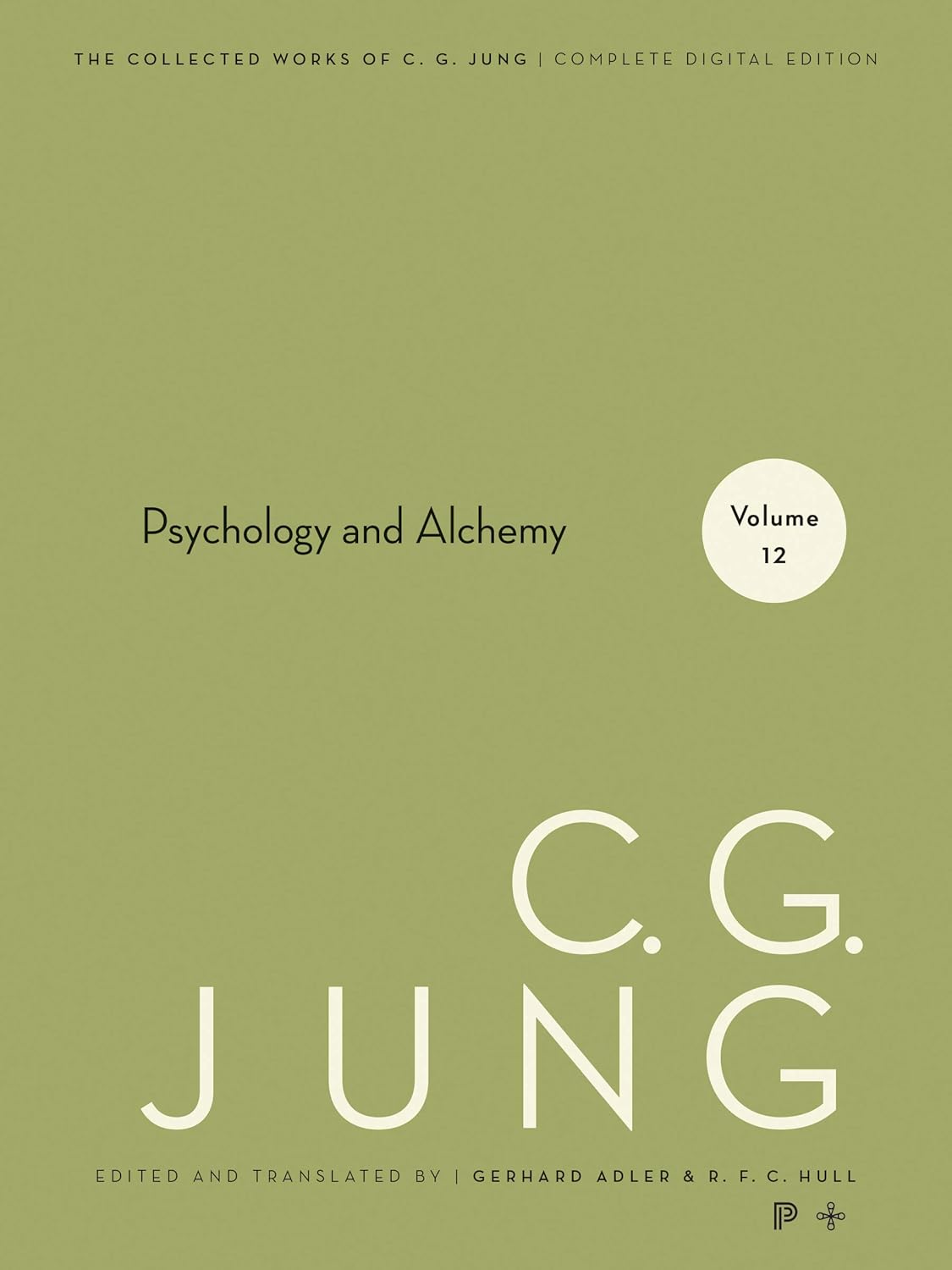
$30.99


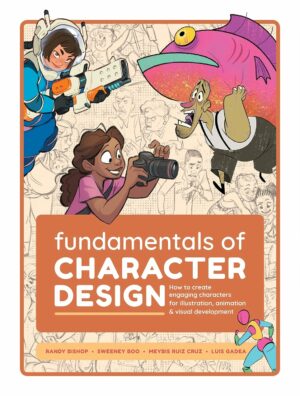
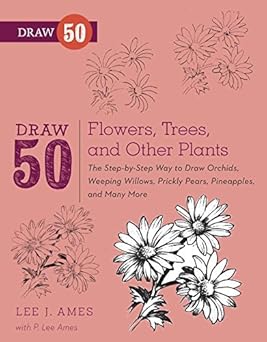
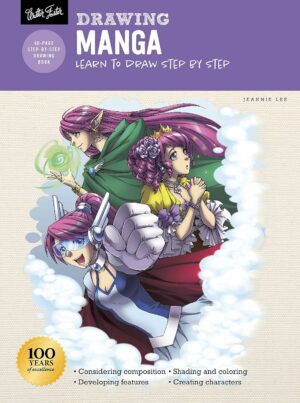

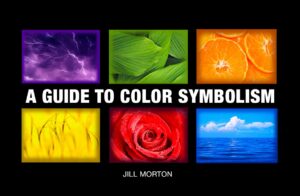

L. A. Quevillon –
For a psychology book this is quite interesting. I find his theory very logical and agree with most of what he says. His reasoning on religion is unique and makes sense. I am enjoying this read. He does not talk over your head like many writers on these types of topics.
Rah Kee Young –
Excellent
Paul Kemp –
This is a fascinating and impressively researched book about alchemical symbolism in relation to psychological transformation. I highly recommend you buy a copy.
Donald L. Conover –
DO NOT BUY the Kindle version of this book. It was thrown together by someone who did not know how to create a .mobi file, and it is a mess from a formatting point of view. The Kindle version, which I did buy, much to my regret now, only goes to ¶83, when the original print work goes to ¶565. Someone is just trying to rip off Jung fans with this travesty. This is absolutely the worst buying experience I have ever had on Amazon, by quite a margin. If 10 is perfect, this was a -10, perfectly flawed from a technical point of view.
On the other hand, I do highly recommend the print version, which I also own. I’ve been studying the work of Dr. Jung since 1987, and this work contains many new and useful insights into his thinking about psychology. This is not the place to start with a study of Dr. Jung’s work, which is highly complex, very broad, and very deep into the study of the psyche, but it is an important piece of the overall oeuvre.
AFP –
essential reading
Philip Jackson –
Copiously illustrated this volume 12 of Jung’s Collected Works is the first to have been published in English translation. Parts I and II of this book illustrate and clarify the mystical journey Jung termed as the process of individuation by examining a series of dreams of the physicist Wolfgang Pauli who was undergoing Jungian analysis at that time. From the dream of a stranger’s hat to the vision of the world clock Jung interprets the stages and motifs encountered on the inner and outer journey. In Part III Jung delves into the alchemical opus as the forerunner or historical antecedent of this quest.
This work is an excellent introduction to the discoveries of Jung’s maturity after a lifetime spent exploring the unconscious mind.
jason –
This book is actually a two fold survey into the study of alchemy and how it’s symbols are recurrent throughout history. The idea that these symbols are universally produced and represented in our dreams and in our art was fascinating. Jung does not advocate going out and trying to change lead into gold but rather tries to understand these symbols as they relate to the development of the psyche. The first part of the text relates to one case study in particular; that of physicist Wolfgang Pauli. The second part is an expose into the genesis of certain symbols in the context of Hinduism, Buddhism and Christianity to name a few. Highly recommended but slow at times.
Neal J. Pollock –
Jung explored alchemy as if it were a mystery novel–relishing every clue, interpreting (nominally) each symbol as it arose. His conclusion that it paralleled his psychological observations & model satisfied his incredible yearning to know that he wasn’t crazy or a voice crying in the wilderness–yeah, verily, the alchemists pursued the same goal though in a slightly different way–vindicating Jung’s quest for individuation=personal salvation. Thus, Jung’s love for alchemy. It’s unfortunate that even so-called scientists have ego’s so wounded that they disavow their roots: chemists tend to downplay alchemy as astronomers downplay astrology–denigrating their roots. This shows an appalling lack of courage–something Jung had no lack of. Just think of what courage it must have taken for Jung to write about alchemy as having psychological truth embedded in its very heart. Yet he wrote 2 books worth on it CW12 & CW13. I’m in awe of his courage, let alone of his genius. Try reading some alchemy works yourself–if you think Jung is hard to read, think twice. Alchemical works are far more difficult. It took Jung’s supreme effort to decipher them. So, if this work seems obtuse to you (& it is), consider how obtuse it was to Jung. Some of the best (& most profound) quotes in this work (from the hardback version) are:
p. 3 Even the most unqualified layman thinks he knows all about psychology as the psyche were something that enjoyed the most universal understanding. But anyone who really knows the human psyche will agree with me when I say that it is one of the darkest & most mysterious regions of our experience.
p. 117 paragraph 152. Only a fool is interested in other people’s guilt, since he cannot alter it. The wise man learns only from his own guilt. He will ask himself: Who am I that all this should happen to me? To find the answer to this fateful question he will look into his own heart.
p. 222 Sense and nonsense are merely man-made labels which serve to give us a reasonably valid sense of direction.
Sasha mirage –
I wouldn’t recommend this book as a starting point for the alchemical path as it can be complicated to comprehend at times. However, it is a very useful tool for a student of intermediate knowledge.
Alexis –
I’d probably like it better if it was translated to regular folk English. Lol
Rahul Nair –
A dense read, but to anyone interested in understanding Alchemy, there is no better starting place than this book. An absolute gem.
Marina –
Great book of a great thinker. It would be better if the year of the reprint was displayed at the moment of the purchase.
Glitter rainbows –
It’s jung .. is there anything else to add